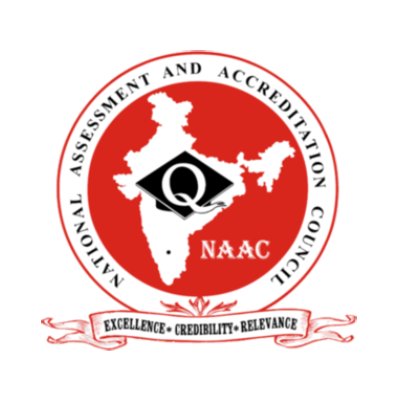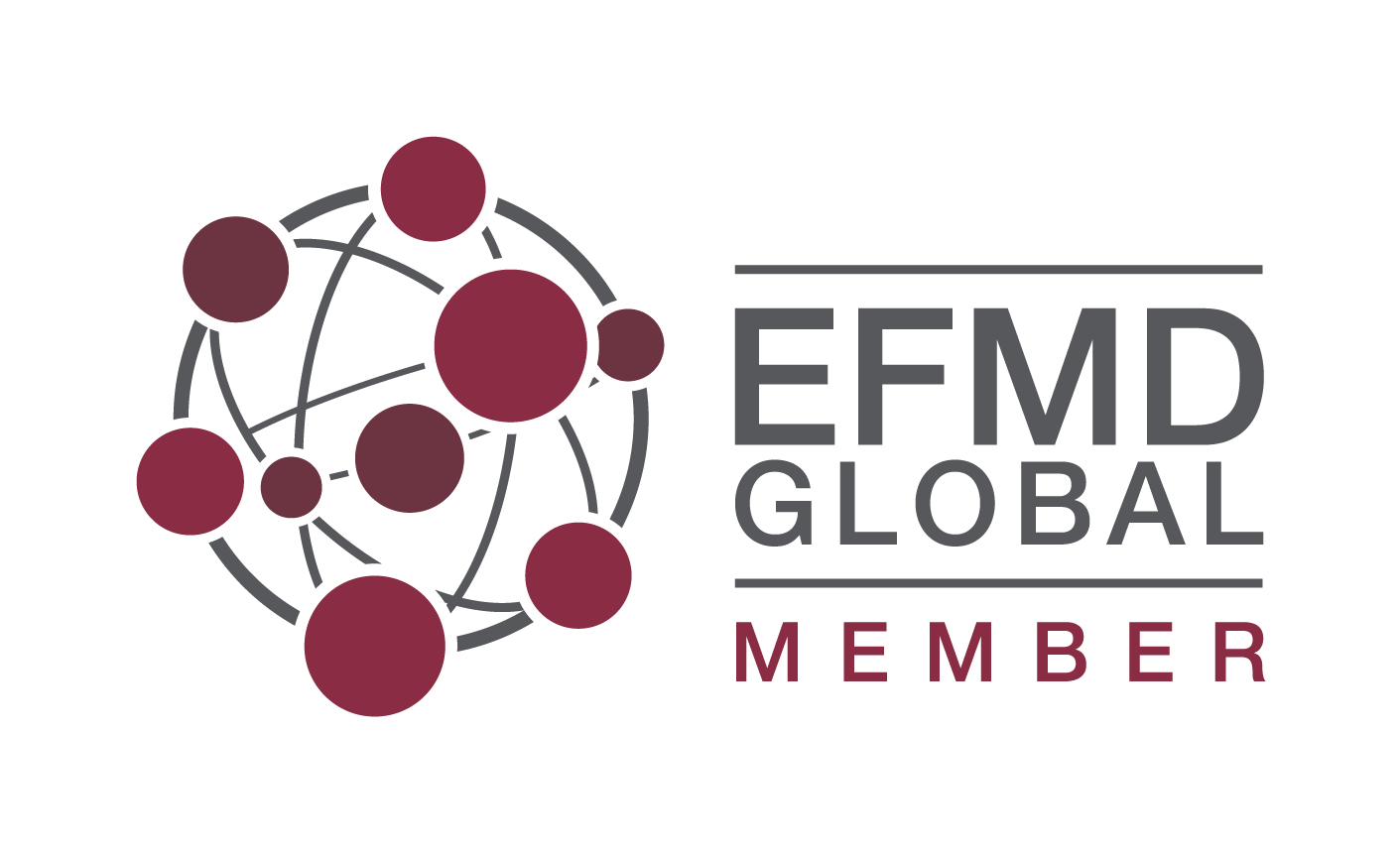
“Overcoming poverty is not a gesture of charity, it is an act of Justice.”
Advocate of this philosophy, John O’shea, one of Ireland’s most celebrated humanitarian, devoted his life to those living in the Forgotten World. He believes that being poor shouldn’t make them any different. Having spent 35 years working to alleviate suffering from this world, John has set himself the challenge of inspiring the world in creating a better place for these people.
One of Ireland’s most celebrated humanitarians, John O’Shea has devoted his life to working on behalf of the world’s poor.
Described by the former Irish President Mary Robinson as a man of ‘unique qualities’ and acknowledged by the musician and humanitarian Bob Geldof as ‘a great hero of mine,’ John has spent 35 years working to alleviate suffering in the developing world.
Through the aid agency he founded, GOAL, he has helped raise over a billion dollars. This money was used to fund aid programmes in over 50 countries throughout the world. Passionate and often controversial, John has earned an international reputation for straight talking, because of his courage in highlighting the problem of institutionalized corruption in developing countries, and the threat that this corruption poses to the safe delivery of aid. A prolific contributor to both broadcast and print media, John is a powerful advocate on behalf of those living in what he describes as ‘the Forgotten World.” In 2010 he made it into the top 40 of a nationwide poll by the state broadcaster RTÉ to choose Ireland’s greatest ever person.
Since his retirement from GOAL in 2012, John has set himself the challenge of inspiring other people to become social entrepreneurs, in the belief that every individual can make a big difference in the battle against global inequality.
A recipient of several awards, including :
- The Irish People of the Year Award – 1987 and 1992. He is the only person to have received the award twice.
- RTÉ Late Late Show Tribute Programme – 1995.
Ernst and Young “Social Entrepreneur of the Year” – 2005 (Inaugural award). - Irish Voice Newspaper (USA) “Humanitarian of the Year” award – 2006. News of the World (Britain) Man of the Year Award – 2010.
- ‘Ireland’s Greatest’ poll by RTÉ – 2011.
- Selected as one of the top 40 greatest Irish people ever. (John Hume was the winner).
- Tipperary International Peace Award – 2005 (Previous winners include Mikhail Gorbachev, Bill Clinton and Nelson Mandela.).
- ‘James Joyce Award’ from the Literary and Historical Society at University College Dublin – 2012 (Previous winners include Seamus Heaney, Jesse Jackson and FW de Klerk.)
- The Arthur Ashe Humanitarian Award – 1991. Awarded by the Association of Tennis Professionals (ATP) (Previous winners include Arthur Ashe, Nelson Mandela, Roger Federer, Andre Agassi and Rafael Nadal).
A brief on why he believes in Social Entrepreneurship
A single individual, blessed with passion, integrity of purpose, a fierce determination to succeed, and persuasive powers, can, I am convinced, make a meaningful contribution in the on-going battle against abject poverty and deprivation in the Forgotten World.
History is littered with stories of the herculean achievements of individuals who would not take no for an answer in their relentless quest to ensure that the principle of human rights for all was a reality and not simply an aspiration.
That the International Community has failed in its moral obligations to care for and love the poorest, the most neglected and needy people, is not in dispute. The downtrodden, the rejected, the hungry – those deprived of the very basic requirements to sustain life – have been treated by their fellow man in a brutal and indifferent fashion, since records were first established.
Thankfully, a small army of individuals from diverse backgrounds, were not prepared to sit back and allow the unwanted and the forgotten to be totally ignored. In a variety of innovative measures these remarkable people saw it as their mission to move neighbourhoods, nations and the world towards integrated communities of shared opportunities and a shared sense of genuine belonging. In short they took steps to ensure that as many as possible of the millions who are denied the chance to live their lives to the fullest, got that opportunity.
The poorest of the poor who populate this unfair world owe much to such trailblazers as Muhammad Yunus, founder of the Grameen Bank, Jeroo Billimoria, who started “Childline”, James Grant of UNICEF, Fabio Rosa, a champion for the provision of solar energy to the poor villagers of rural Brazil…the list is hugely impressive.
People such as Nelson Mandela, Mahatma Ghandi and Martin Luther King have inspired generations of courageous, determined and creative individuals, who saw it as their duty to rally to the side of the voiceless. Their ingenuity and entrepreneurial acumen have provided the momentum for groups of social entrepreneurs to place actions before words and promises in the drive to close the gap between the “Haves” and “Havenots”.
Social entrepreneurs provide a genuine shaft of hope for the Forgotten. Their collective performance over a sustained period , but more especially in recent decades, has suggested there is now finally a willingness on the part of the general public to take a much greater interest than heretofore in ensuring that those on the bottom rung of the socio economic ladder do not fall off. This explosion of interest in social entrepreneurship can be a catalyst for major change in how the International Community deals in the future with the most pressing humanitarian issues facing the world’s population.
Those who joined the crusade with gusto and unbridled enthusiasm ranged from former US Presidents Jimmy Carter and Bill Clinton, to billionaires Bill Gates, Ted Turner, Warren Buffett and Chuck Feeney, pop stars Bono and Bob Geldof, movie favourites George Clooney, Sean Penn and Martin Sheen, to leading figures from the world of sport and other areas of life, as well as hundreds of thousands of “the great unknown” who, however, are making and have made a real difference to the lives of many.
In the last decade, due to a number of factors, there has been an explosion of activity in the social entrepreneurship area, with unprecedented growth in the number of citizen groups and NGOs being formed. Significantly more young people are now prepared to devote a portion of their lives to helping others less fortunate than themselves.
Given my experience since 1977 I feel it is important that I “spread the gospel” of the value and importance of social entrepreneurship as widely as I can. Since I was a person with no obvious qualifications for the role of CEO of a humanitarian agency my story, as well as the stories of some of the others, might encourage further interest on the part of students in this most vital of causes.
Despite advances, in some corners of the Forgotten World the lot for hundreds of millions of hapless individuals, who share the earth’s resources, is lamentable and shameful, making the task for the social entrepreneur ever more challenging. The fact that the entrepreneurs have to reach a growing population, with shrinking financial resources, places a heavy premium on creativity.
In recent years hundreds of universities have established courses to study the subject. Non-Profit management studies, a field that did not exist 30 years ago, has grown into a small industry. Governments and international organisations, such as the World Bank, the EU and the UN routinely enlist the advice of NGOs and citizen groups. Businesses regularly form partnerships with them.
Thousands of university graduates today consider making a full time career in the sector. Many, of course, decide to form their own organizations.
Foundations too have become heavily involved in supporting the work of the social entrepreneur, creating collaborative partnerships that include long term financing and strategic planning.
Over the past four decades the women’s movement has gained a foothold across much of the world, weakening social constraints that have historically limited women’s scope for action and expression. The decline of racial barriers has opened up opportunities for many groups. Technology now permits money, people and information to move quickly and relatively cheaply around the world.
The bottom line is perhaps the undeniable fact that people recognize that major change is urgently needed to correct the imbalance between the “Haves” and “Havenots”.
Populations are now aware of the heart-wrenching poverty which is daily life for hundreds of millions…and they are no longer prepared to stand around and take no action.
Continuing failures by governments to deal adequately with humanitarian disasters have convinced many that while governments must be held responsible for translating the will of the citizens into public policy, they are not necessarily the most effective vehicles, and certainly not the sole legitimate vehicles, for the delivery of many social interventions, and they are often less inventive and creative than entrepreneurial agencies.
There is no doubt in my mind that the entrepreneurs derive tremendous benefit from the experience of passing on their skills and sharing their love with those in greatest need.
Victor Hugo once wrote, “There is one thing more powerful than all the world’s armies – it is an idea whose time has come”.
Social entrepreneurs be prepared … the indications are that this sector is poised to make a meaningful and substantial impact in the ongoing battle to protect the lives of hundreds of millions of desperately poor people from a painful death.
John O’Shea












